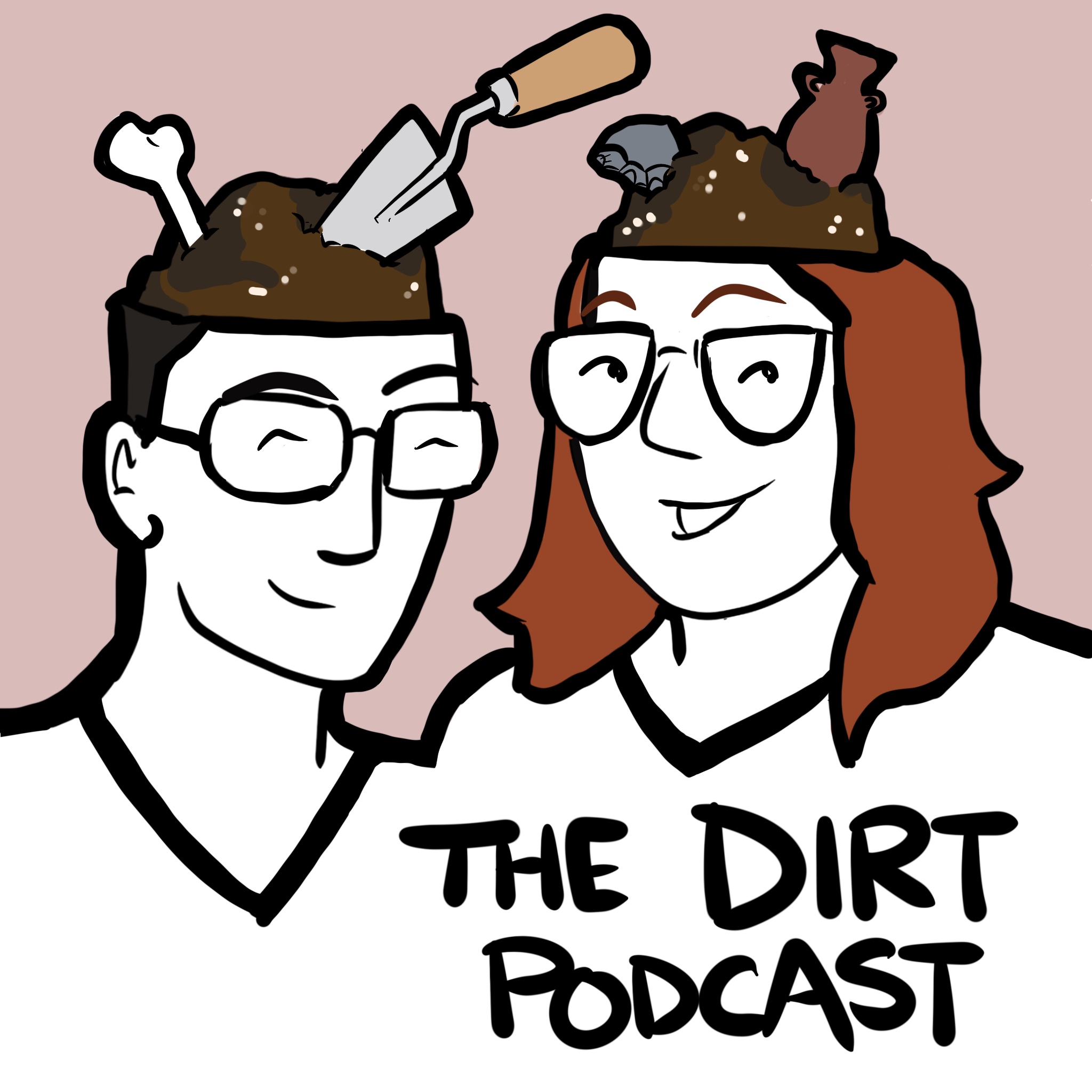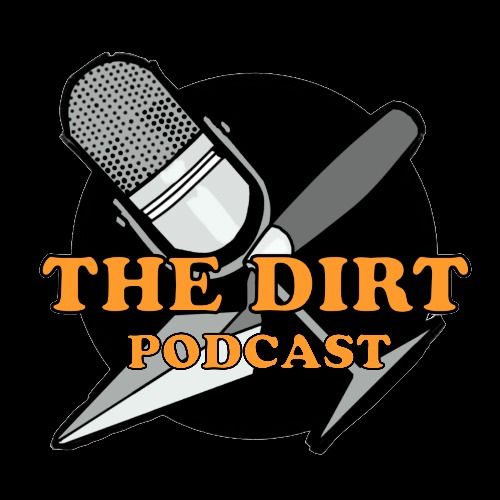Episode 18
Cladh Hallan: An Episode in...Several Parts!
This week, Anna introduces us to Bronze Age Britain and Amber tells us about the very, very unexpected discoveries at Cladh Hallan, Scotland. For maximum spookiness, don't read ahead: it's a real rollercoaster of a story about Bronze Age life, and death, and... after-death? Get ready, everyone. This one's nightmare fuel.
To learn more (and see photos!), check out:
Latest archaeological finds at Must Farm provide a vivid picture of everyday life in the Bronze Age (University of Cambridge)
History made: In an astonishing Bronze Age discovery a 3000-year-old community has been unearthed (CNN)
The Prehistoric Village at Cladh Hallan (University of Sheffield)
Mummification in Bronze Age Britain (BBC)
"Frankenstein" Bog Mummies Discovered in Scotland (National Geographic)
Ancient DNA typing shows that a Bronze Age mummy is a composite of different skeletons (Journal of Archaeological Science)
Solved: the mystery of Britain’s Bronze Age mummies (The Conversation)
Mummification in Bronze Age Britain (Antiquity)

